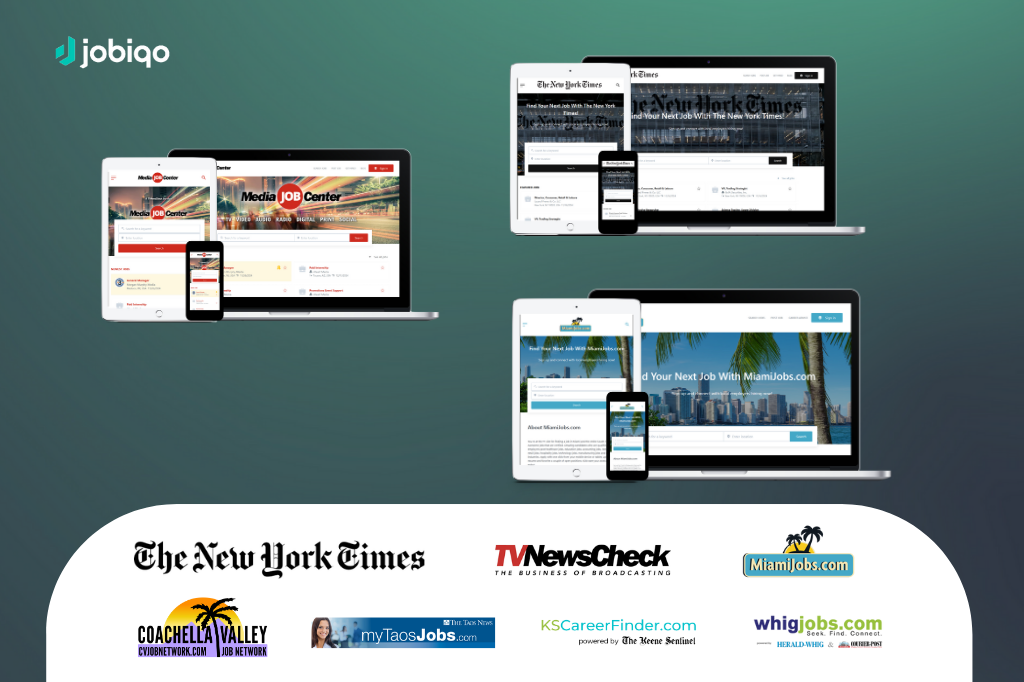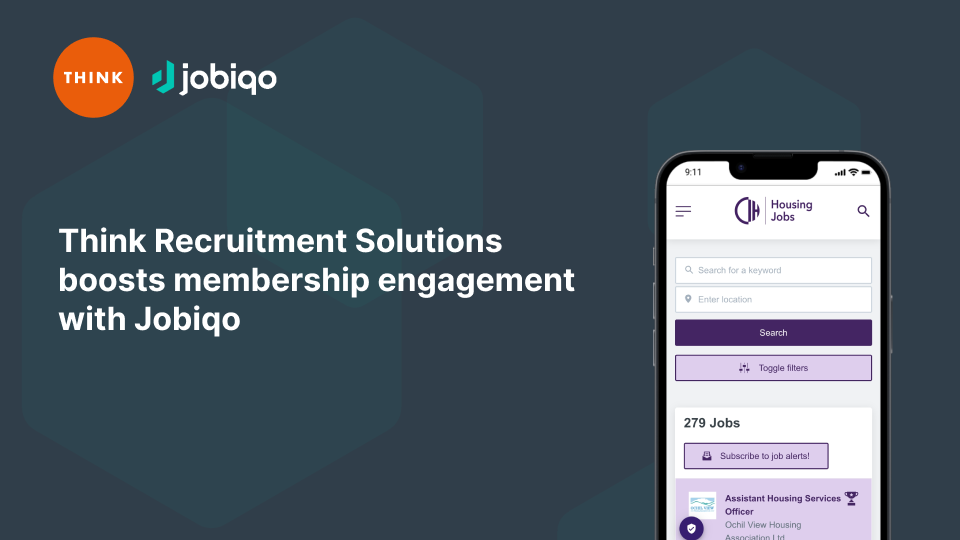Google for Jobs: Opportunities & Challenges for Digital Job Markets

Google for Jobs: Opportunities & Challenges for Digital Job Markets
The latest service of search engine giant Google is entering its third year in the USA. „Google for Jobs" has been available in the UK since 2018, and now also entered the German market. A gradual international roll out is planned for the future.
This opens up new opportunities for publishers and job board operators. As the german recruiting agency Raven51 states, over 80% of search queries for a new job start on Google. This is why, from Google’s point of view, it seems more than reasonable to focus more on the job market to simplify the job finding process. In addition to well-known search results such as news, maps and images, Google now also offers the possibility to display jobs.
Google for Jobs has been conceived as an independent product with its own specifications on how jobs need to be structured by operators of digital job platforms. Every job advertisement found by Google's search bot is still indexed and thus recognized as a potential search result, unless it has been explicitly excluded by the website operator. However, those who additionally implement Google's backend formatting are more likely to be considered when playing out the search results for jobs - and accordingly receive more visibility and clicks.
Google’s limits
The reason for this special search logic to be implemented was that „the traditional Google Page Rank algorithm did not deliver satisfactory search results in the job area", as Jobiqo’s Managing Director Martin Lenz explains. The consequences were a negative user experience as well as lower click-through-rates (CTR). This made Google’s well-known business model reach its limits: no suitable advertising without search results, no sales opportunities without them. Jobiqo has been working with Google for Jobs since summer 2017 and gathered valuable insights in this area with customers from the USA and Great Britain. We can now also support our German customers with fundamental insights in this area.
Quality before quantity
„We have measured a slight increase in organic search (SEO) and an increase of the click through rate (CTR) for all traffic generated via Google”, explains Lenz. As always, everything Google does depends heavily on the competition for some of the keywords. The quality of generated content is increasing though. As far as the quantity is concerned, there will probably soon be an upward trend, once the roll out in all Google markets is completed. Overall, there has been no disruption on the market in the last two years.
The special metadata scheme required by Google to analyse and index advertised jobs is now automatically available to all Jobiqo customers who do not need to worry about the technical implementation. Optionally, we also offer the connection of the service via an API interface directly with Google. In the short term, job exchange and career operator websites who have already adapted all technical measures for Google for Jobs will certainly see a positive effect. „Compared to websites that do not use a correct setup for Google for Jobs, operators who do use it will experience a clear advantage in the presentation of job results on Google", as Lenz explains. Publishers with an already well-functioning job board should therefore pay particular attention to new developments.
Success in the publishing industry
The large German media house Schwäbisch Media recently chose Jobiqo as its technology partner: Schwäbische Jobs, the online job board that is part of Schwäbische Zeitung, was successfully relaunched. „We now have a digital job platform that is up to date in terms of technology, content as well as appearance”, says Katharina Binder, Head of Recruiting and Resource Marketing. She is particularly impressed by the successful preparation for Google for Jobs in Germany: the platform has completely converted its job ads into structured data with the latest relaunch. This also includes all job advertisements from the Schwäbische Zeitung and its local editions, as Product Owner Felix Kittler explains: „From now on, in addition to their print template for the newspaper, our customers will also provide us the link to their digital job advertisement which will then be automatically published online, too.” This not only improves the user experience on the platform itself, but also the findability of the job ad on Google.
Take the opportunity
Google’s strategic decision to focus more on job search results proves the relevance of the digital job market. However, the latest development also opens up new channels for job board operators to bring high-quality job seekers to their job platform and connect the best candidates with companies. As with any other channel, there must be no dependency on a single provider. A well-considered mix of channels tailored to the needs of the respective target groups remains an important basis for the success of any job platform.
Photo: Michał Parzuchowski/Unsplash




